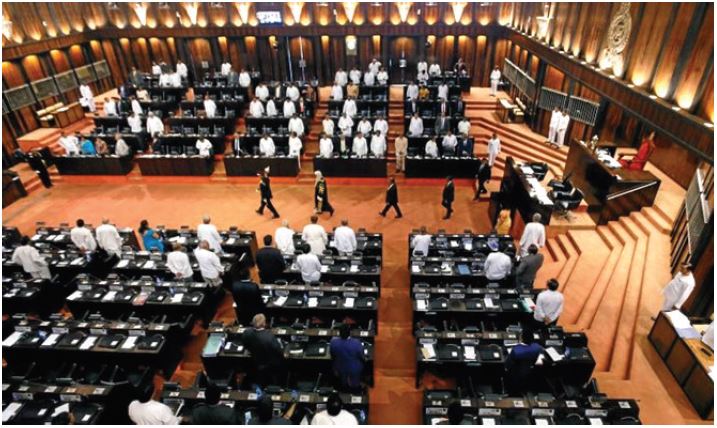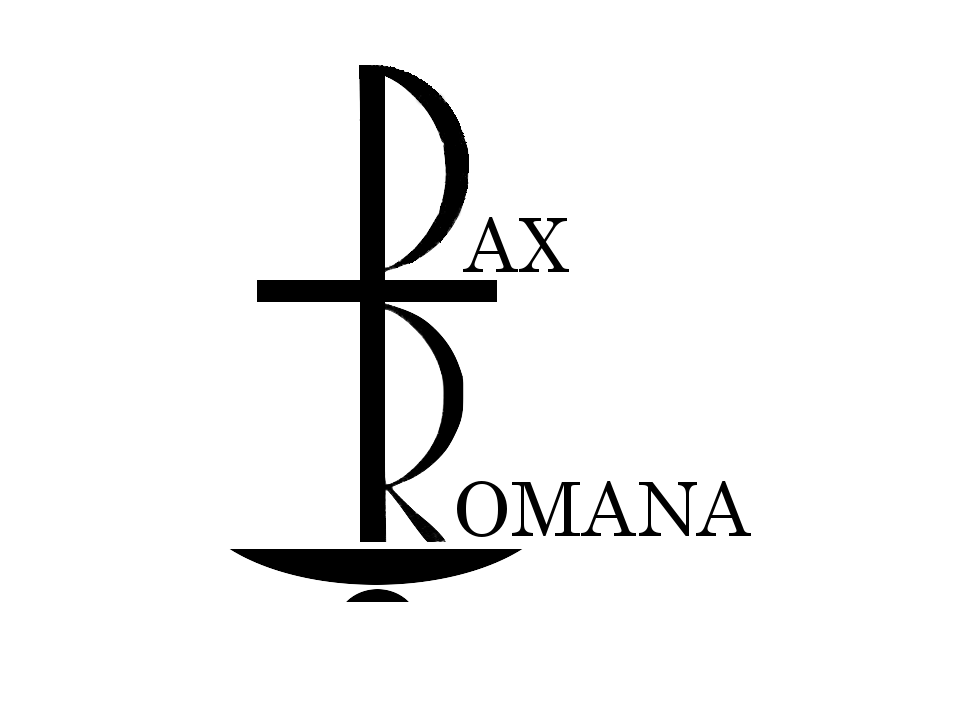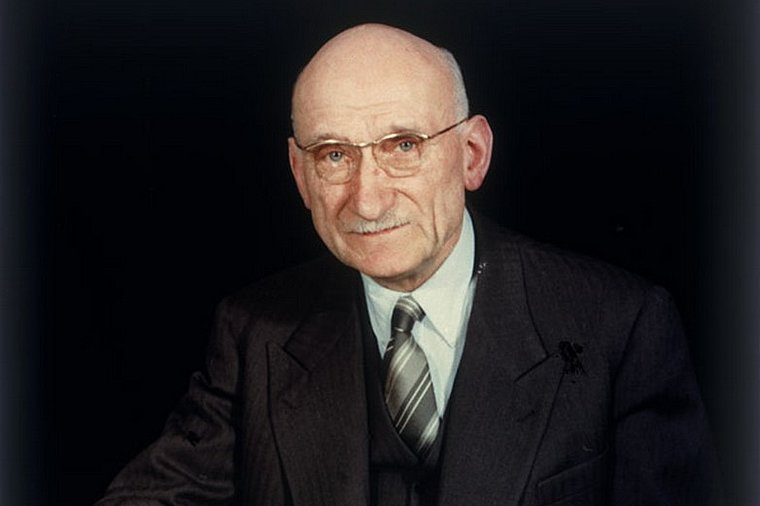Draft programme (as of 2 August ) of the Civil Society Debate on “Inclusive Democracy” organized by the Conference of INGOs of the Council of Europe on Sunday the 7th of October, 2012. Council of Europe, Strasbourg.
An event organized during the week of the World Forum for Democracy : “Bridging the gap”, Democracy: between old models and new realities. Strasbourg, 5-11 October 2012
Building inclusive democracy
The aim of narrowing the divide between peoples and leaders demands a paradigm shift, as European societies have developed differently around the shared fundamental value of democracy. While the latter has enabled the best possible progress to be made for women and men, its positive aspects have at the same time been thwarted and undermined, in some cases to the extent of entire population groups being excluded.
That is why participatory democracy, embodied by organised civil society as a key player in the area of “living together”, believes that we must now always add the adjective “inclusive” to the word “democracy”.
Inclusive democracy sets out very clearly the principle that no one should be left outside democratic processes. This approach means we must revise the ways we think and the ways we develop things with a view to designing and building inclusive democracy.
Two workshops will look at the concept of democratic inclusion, one from the angle of the media, Building inclusive democracy through media; and the other from the angle of women, Building inclusive democracy with women.
Speakers and participants from all over the world will share their approaches, analyses and, above all, experiences so that we are able at the World Forum for Democracy the next day to offer the member states and policymakers high added value of a practical kind.
Jean-Marie Heydt, President of the Conference of INGOs of the Council of Europe
Sunday 7 October 2012 : Council of Europe, Agora Building, Room G03
09h30 – 10h00 Opening and introductory speech on inclusive democracy by Jean-Marie HEYDT, President of the Conference of INGOs of the Council of Europe
10h00 – 12h00 Debate: Inclusive democracy and human rights
- Moderator Conny CZYMOCH (Germany) Journalist
- Speakers Albert TEVOEDJRE (Benin) Ombudsman of the Republic of Benin
- NN, Human Rights organisation
- Rapporteur NN
- Q & A
12h00 – 14h00 Lunch
14h00 – 15h30 Round table on “Building inclusive democracy through media”
Often called “counter power”, the media is widely recognized as an essential actor for a healthy public life. Yet, in countries where democracy seems to be the rule and in those where it is still to be built, media is more and more severely criticised. It is said that it has lost its independence, that it is neglecting its investigative duty and that it is leaving thousands of voices unheard.
In a search for change, more and more citizens are turning to new ways of expressing themselves, building on Internet and the endless new tools this network offers. An alternative use of media is thus being developped with a view to encouraging ordinary citizens to make their voice heard and to become full actors of a democratic information stream..
Through this round table, participants are invited to look closely at the role of Internet in information transmission as well as to question how traditional media can be used in an alternative way to give every citizen the opportunity to participate fully in the building of an open democracy.
- Moderator: Francis GOSSELIN (Canada) Edgeryders Project (tbc)
- Speakers: Pavel MAROZAU (Belarus) Third Way Organisation, NN (USA), Lina BEN MHENNI (Tunisia) blogger “A Tunisian Girl”, Laureate of the Deutsche Welle International Blog Award in 2011 (tbc)
- Rapporteur: NN
15h45 – 17h15 Round table on “Building inclusive democracy with women”
For a long time, many societies tended to exclude women from political life by defining citizenship as a typically male attribute. Tangible progress has been made towards a more inclusive democracy whereby women and men can enjoy equal and balanced participation in public life. Yet the legacy of this gender division still influences our modern world and some work remains to be done to promote the inclusion of women in public debate.
Women’s empowerment will therefore be at the core of this round table. Participants will discuss its very meaning, which includes enabling women to regain control over their own body and to become economically autonomous, so as to facilitate their participation in public and political life. This not only involves passing legal measures to promote de jure equality but also concerns making women feel legitimate and competent to speak out during social and political debates and in society in general.
Until gender equality has not become a fully lived reality, the concept of inclusive democracy itself will always be fundamentally threatened.
- Moderator: NN
- Speakers: Corinne KUMAR (India) Asian Women’s Human Rights Council, Sima SAMAR (Afghanistan)Afghanistan Independent Human Rights Commission, Sophia SPILIOTOPOULOS (Greece) Lawyer, indepent expert for the European Commission, member of the Board of the Association of Women of Southern Europe (AFEM)
- Rapporteur: NN
17h15 – 17h30 Closing session:
- Jean-Marie HEYDT, President of the Conference of INGOs of the Council of Europe
- Sophie DIMITROULIAS, Vice-President of the Conference of INGOs of the Council of Europe, General Rapporteur




Leave A Comment
You must be logged in to post a comment.